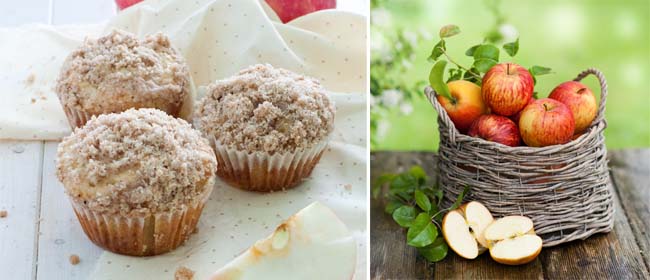 You know that ‘old wives’ tale’ about “an apple a day keeps the doctor away”? Well, science is proving the old wives correct. The Herb Federation of NZ expounds the health benefits of apples and provides delicious recipes, including cakes, drinks and apple cider.
You know that ‘old wives’ tale’ about “an apple a day keeps the doctor away”? Well, science is proving the old wives correct. The Herb Federation of NZ expounds the health benefits of apples and provides delicious recipes, including cakes, drinks and apple cider.
In Scandinavian folk lore Iduna kept apples to feed to the gods to renew their youth. Now science has shown that apples (pectin) bind (chelate) excess cholesterol and bile salts, thereby reducing blood cholesterol, so reducing the risk of arteriosclerosis and gall stones – two very common health problems. So you see why tradition serves stewed apples with roast pork – a rich and not-so-easy-to-digest food.
As a medicine, apples are used as either unripe (green) or ripe. The character of apples is described as:
Unripe: cool, moist, sour and astringent
Ripe: moist and sweet
So what do apples have that make them medicinal as well as food?
- Vitamins A, B and C, a variety of minerals, pectin, fruit acids and sugars
- Therapeutic actions (or how it helps you get well)
Unripe or green apples have a long history as a treatment for diarrhoea and ripe apples are used for constipation.
Raw, ripe apples have a ‘cleansing’ effect on the body and have a cooling, soothing action, so they are very useful for inflammatory conditions such as indigestion, arthritis, gout, gastric ulceration, and urinary system infections.
Stewed apple is a traditional food for invalids and is well suited to nourish sick babies and children.
Apple tea (fresh raw apples with skin on and boiling water poured over then left to infuse) is a refreshingly healing drink for colic and other digestive problems or for colds.
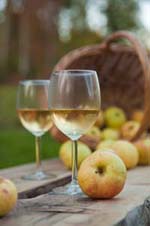 Apple cider
Apple cider
Cut unpeeled and uncored apples into pieces and put into a wooden tub and cover with boiling water. Leave to stand for 3 days, then pulp. Strain through muslin and add 1 cup of sugar to every 4.5 litres of liquid, and some raisins. Stir and bottle, but leave uncorked for 3-4 days until fermentation has ceased. Tie corks on, or put in plastic lemonade bottles. This cider can be drunk in a few days but it is better kept longer.
Hot apple juice
Instead of mulled wine, try heating apple juice with the same spices to make a wonderful warming, non-alcoholic drink. Apple cider can be used as an alternative.
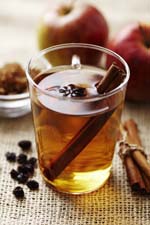 Lamb’s wool drink
Lamb’s wool drink
This is a traditional drink from the Middle Ages and is still drunk today. This gently spiced cider can be made a variety of ways, so long as the drink has ‘lamb’s woolly’ apples and cream floating on its surface. Some medieval recipes suggest baking the apples till they burst; others recommend roasting, boiling or grilling. The apple cider suggested here is not alcoholic. However, some recipes substitute for the cider a dry white wine, a light ale or stout beer. Depending upon the season, lamb’s wool may be drunk warm or cool.
1 gallon (3.7 litres) apple cider
12 small apples, peeled and cored
½ cup sugar (to be added if the cider is very tart)
2 cups heavy whipping cream
¼ teaspoon salt
1/8 teaspoon ground nutmeg
2 tablespoons brown sugar
¼ teaspoon powdered cinnamon
½ teaspoon powdered ginger
1. In a large enamelled pot, slowly heat ¾ of the cider until warm but not boiling.
2. In another enamelled pot, pour in remaining cider and the apples, sugar, nutmeg, cinnamon and ginger and bring to the boil. Vigorously simmer the apples until they lose their shape and become ‘frothy’.
3. Pour ¾ of the cider into a large glass serving bowl which has been slightly heated so that the warm fluid will not crack it.
4. Pour the remaining hot cider with the spiced apples into the serving bowl.
5. Whip the cream with the salt and brown sugar until it peaks.
6. Spoon the cream onto the lamb’s wool or add the cream to each tankard of the lamb’s wool as it is served.
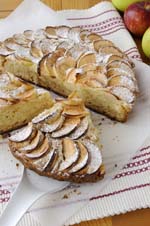 Eggless apple cake
Eggless apple cake
25g butter
1 cup sugar
1 ¼ cups stewed apples
Grated rind of 1 lemon
¾ cup chopped raisins
2 teaspoon baking soda
1 tablespoon boiling water
Pinch salt
2 cups spelt flour
1 teaspoon cinnamon
½ teaspoon ginger
Extra apple slices for decoration
Cream butter and sugar. Add apple, raisins and lemon rind. Dissolve soda in hot water and stir into fruit. Add dry ingredients. Fold in well. Put in a well greased tin, arrange slices of raw apple on top and bake for 1 hour (or until cooked) at 180 deg C (350 deg F).
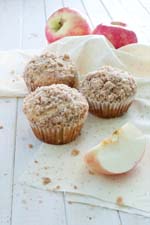 Wendy’s apple muffins
Wendy’s apple muffins
4 cups diced raw apples
1 cup sugar
1 teaspoon cinnamon
2 beaten eggs
½ cup oil
½ teaspoon vanilla essence
2 cups of spelt, sifted
2 teaspoons baking soda
½ teaspoon salt
½ cup raisins or sultanas (and nuts if desired)
Toss apple, sugar and cinnamon. Mix eggs, oil and vanilla essence and add to apples. Add flour, baking soda, salt and raisins and stir until just combined. Pour into muffin cups and sprinkle over topping. Bake 25-30 minutes in a hot oven (about 200 deg C, 400 deg F).
Topping
¼ cup sugar
1 teaspoon oil
1 teaspoon cinnamon
Mix in a cup and sprinkle on top of muffins before baking.
Want to join a herb society in your area? Visit the Herb Federation of New Zealand’s website to find one near you.
 My Favourites
My Favourites


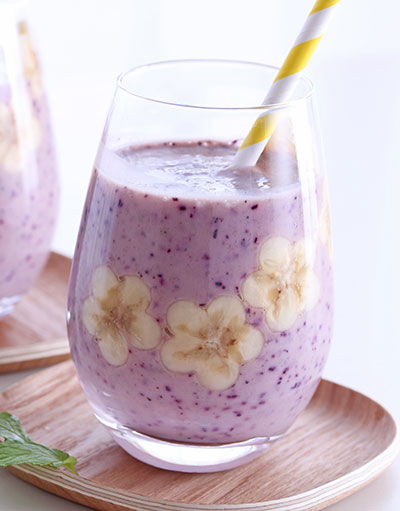
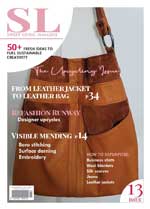





Speak Your Mind